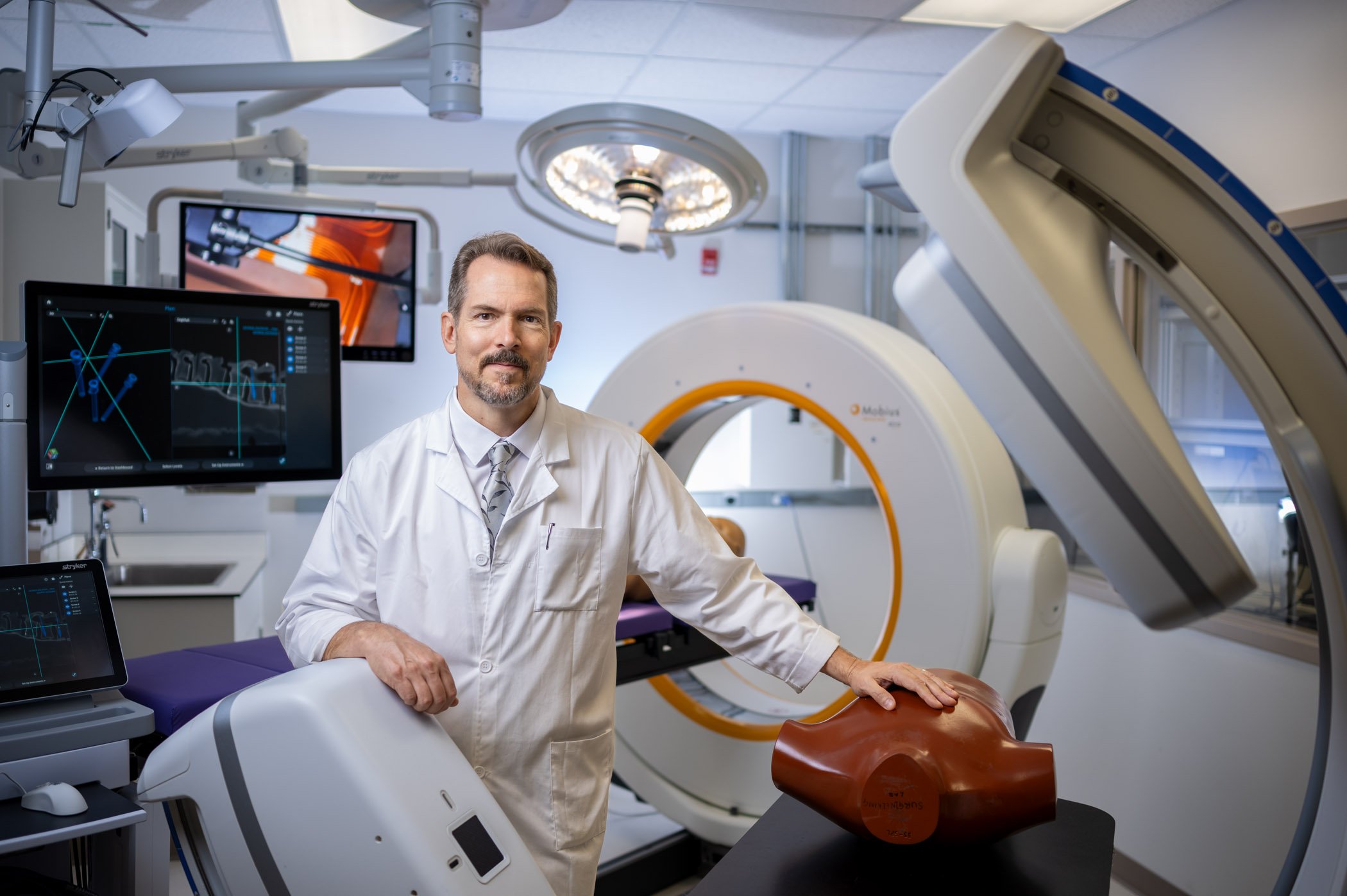- Diseases
- Acoustic Neuroma (14)
- Adrenal Gland Tumor (24)
- Anal Cancer (66)
- Anemia (2)
- Appendix Cancer (16)
- Bile Duct Cancer (28)
- Bladder Cancer (68)
- Brain Metastases (28)
- Brain Tumor (230)
- Breast Cancer (718)
- Breast Implant-Associated Anaplastic Large Cell Lymphoma (2)
- Cancer of Unknown Primary (4)
- Carcinoid Tumor (8)
- Cervical Cancer (154)
- Colon Cancer (164)
- Colorectal Cancer (110)
- Endocrine Tumor (4)
- Esophageal Cancer (42)
- Eye Cancer (36)
- Fallopian Tube Cancer (6)
- Germ Cell Tumor (4)
- Gestational Trophoblastic Disease (2)
- Head and Neck Cancer (6)
- Kidney Cancer (124)
- Leukemia (344)
- Liver Cancer (50)
- Lung Cancer (288)
- Lymphoma (284)
- Mesothelioma (14)
- Metastasis (30)
- Multiple Myeloma (98)
- Myelodysplastic Syndrome (60)
- Myeloproliferative Neoplasm (4)
- Neuroendocrine Tumors (16)
- Oral Cancer (100)
- Ovarian Cancer (170)
- Pancreatic Cancer (166)
- Parathyroid Disease (2)
- Penile Cancer (14)
- Pituitary Tumor (6)
- Prostate Cancer (144)
- Rectal Cancer (58)
- Renal Medullary Carcinoma (6)
- Salivary Gland Cancer (14)
- Sarcoma (236)
- Skin Cancer (296)
- Skull Base Tumors (56)
- Spinal Tumor (12)
- Stomach Cancer (60)
- Testicular Cancer (28)
- Throat Cancer (90)
- Thymoma (6)
- Thyroid Cancer (98)
- Tonsil Cancer (30)
- Uterine Cancer (78)
- Vaginal Cancer (14)
- Vulvar Cancer (18)
- Cancer Topic
- Adolescent and Young Adult Cancer Issues (20)
- Advance Care Planning (10)
- Biostatistics (2)
- Blood Donation (18)
- Bone Health (8)
- COVID-19 (362)
- Cancer Recurrence (120)
- Childhood Cancer Issues (120)
- Clinical Trials (626)
- Complementary Integrative Medicine (24)
- Cytogenetics (2)
- DNA Methylation (4)
- Diagnosis (230)
- Epigenetics (6)
- Fertility (64)
- Follow-up Guidelines (2)
- Health Disparities (14)
- Hereditary Cancer Syndromes (124)
- Immunology (18)
- Li-Fraumeni Syndrome (8)
- Mental Health (118)
- Molecular Diagnostics (8)
- Pain Management (62)
- Palliative Care (8)
- Pathology (10)
- Physical Therapy (18)
- Pregnancy (18)
- Prevention (896)
- Research (390)
- Second Opinion (74)
- Sexuality (16)
- Side Effects (604)
- Sleep Disorders (10)
- Stem Cell Transplantation Cellular Therapy (216)
- Support (404)
- Survivorship (322)
- Symptoms (184)
- Treatment (1776)
Caring for a parent with cancer? Follow this advice
BY Molly Adams
4 minute read | Published November 21, 2022
Medically Reviewed | Last reviewed by an MD Anderson Cancer Center medical professional on November 21, 2022
Taking care of a loved one with cancer can be hard, no matter your relationship. For adult children of cancer patients, the changing role from child to caregiver can bring a unique set of challenges.
A cancer diagnosis may be the first time your parent needs so much help from you. This shift in roles can take some getting used to. “Remember your parent is still an individual,” says Vinh Nguyen, M.D.
He shares four things to consider if you’re taking care of a parent with cancer.
Learn your parent’s health history
Even the most organized patient can get overwhelmed by all of the information coming their way. You can support a parent with cancer by learning their medical history to help fill in the gaps for their care team.
Knowing things like which medications they take regularly as well as any allergies or past illnesses will help your parent’s care team create a personalized treatment plan for them.
You can ask your parent to share this information with you directly, or you can ask for permission to view their MyChart account.
Learning their full health history may require asking your parent some personal questions. If they’re not comfortable sharing everything with you, offer them privacy when they’re talking to their care team.
“Give them an opportunity to be open and honest,” Nguyen says.
Understand your parent’s goals for treatment
Cancer treatment can take a toll both emotionally and physically. Talk with your parent about their treatment options and goals for moving forward. Sometimes, their preferences may be different than decisions you’d make for yourself.
“Your role is to support your parent and their personal treatment goals,” Nguyen says.
Asking follow-up questions of the care team will help you and your parent understand and prepare for treatment, as well as any side effects they may experience.
“We all want more time with our loved ones,” Nguyen says. “But preserving quality of life is also important.”
Even elderly patients with other health issues can make decisions about their care. But there may be times when you or your family have to make decisions on behalf of your parent. Talk to them about their wishes so you can feel confident in the event you have to make some difficult choices.
“It can be empowering to make these decisions early in a cancer experience when patients may have a clearer grasp of the life they want to live,” Nguyen says.
You may even consider having your parent put together a medical power of attorney, advanced directive or other document specifying who they want to make decisions for them if they can’t make decisions for themselves.
MD Anderson patients can reach out to our Social Work department for help working through these decisions.
Even if you’re not the medical decision maker for your parent, supporting them and helping them understand their treatment options will help.
If they’re not ready to decide, you can also suggest taking time to think over their options before moving forward.
“Very few decisions need to be made in the moment,” Nguyen says. “Take your time and weigh the pros and cons so you can help your parent make the best decision for them.”
Take notes
As a caregiver, you may be expected to share details of your parent’s treatment with other family members and friends. Bring a notebook to help you keep everything straight.
“Write down the names of your parent’s care team, which medicines they’re taking, and any questions you may have,” Nguyen says.
You can also include questions from other family members so that your parent doesn’t have to.
Care for yourself
You probably have your own job, family and life going on outside of caring for your parent. Don’t forget to take care of yourself so you can continue offering support to them.
If you’re feeling anxious, depressed or simply overwhelmed, talk to your own care team for guidance. You can also find a support group so you can connect with others who are in similar situations. MD Anderson offers virtual and in-person support groups for cancer patients and their families. You can also connect with someone through myCancerConnection, MD Anderson’s one-on-one cancer support community.
Also try to eat a balanced diet, avoid tobacco and drink alcohol in moderation.
“Your health is important, too,” Nguyen says. “The best way to take care of someone else is to make sure that you’re healthy enough, both mentally and physically, to do so.”
Request an appointment at MD Anderson online or by calling 1-844-737-4866.

Your role is to support your parent and their personal treatment goals.
Vinh Nguyen, M.D.
Physician





